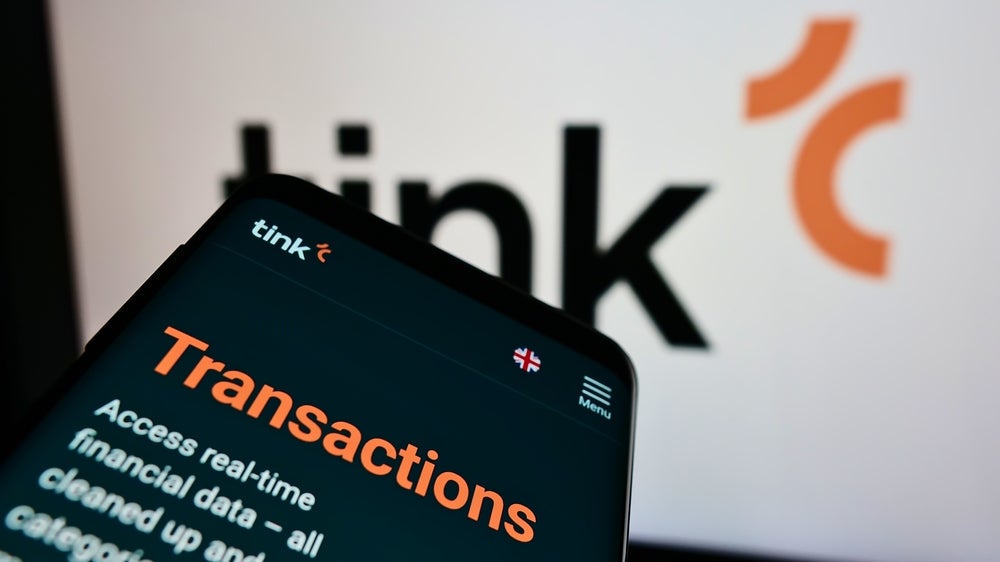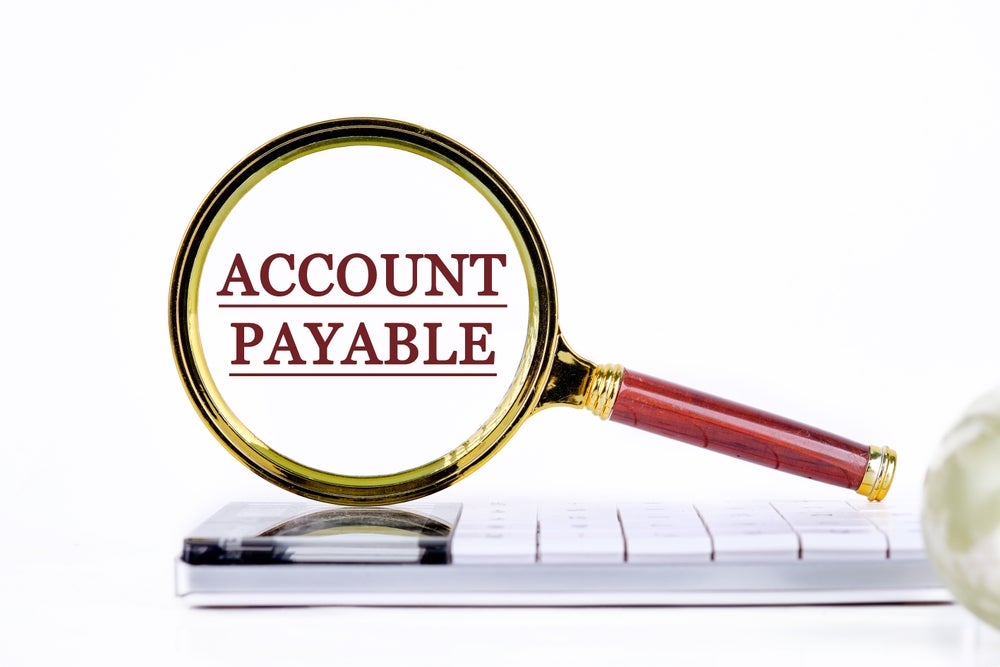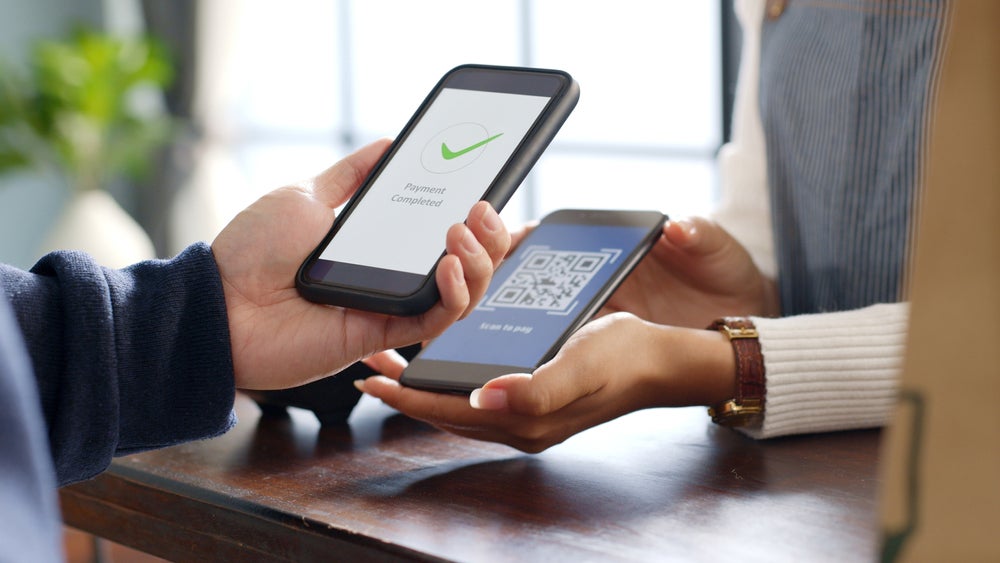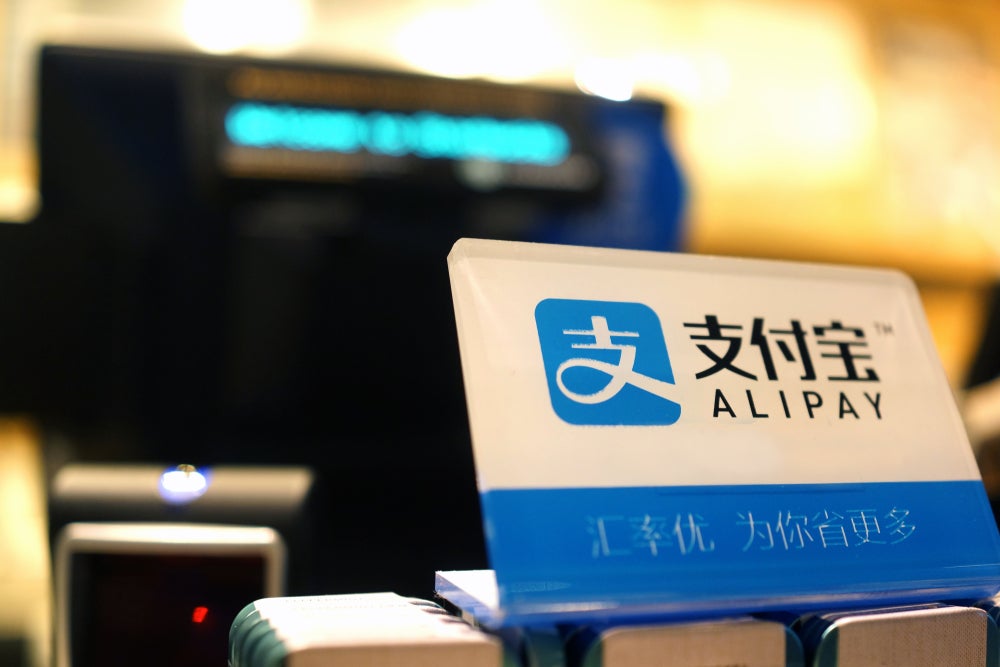7-Eleven has become the first convenience store chain in Canada to accept rival Chinese mobile payment systems Alipay and WeChat Pay. The roll-out marks a new departure for the two operators that have concentrated on gaining acceptance among luxury brands and tourist destinations popular with Chinese travellers. Robin Arnfield reports
Working with Santa Clara, California-based Citcon, 7-Eleven has rolled out Alipay and WeChat Pay acceptance at 35 stores in Vancouver and Toronto.
Citcon is a cross-border mobile payment processor and marketing technology provider, enabling merchants globally to accept QRbased mobile wallets in-store and online. It also enables merchants to run marketing and loyalty campaigns through its partner network. Alipay and WeChat Pay are hugely popular in China, with over a billion active users of the QR code-based apps.
The Wall Street Journal reported in January 2018 that mobile payments had risen to $9trn a year in China. Alipay and WeChat Pay dominate the Chinese mobile payment market with an estimated joint 90% share.
With government restrictions on the cash Chinese tourists can take abroad, and foreign merchants that do not accept Chinese cards issued under the China UnionPay scheme, it makes sense for retailers to accept Alipay and WeChat Pay. An estimated 65% of Chinese consumers use mobile payment platforms while travelling overseas, a 7-Eleven spokesperson says.
According to an Alipay presentation, over 4 million Chinese tourists visited North America in 2018. The US Travel Association estimates that in 2017, 3.2 million Chinese tourists visited the US.
How well do you really know your competitors?
Access the most comprehensive Company Profiles on the market, powered by GlobalData. Save hours of research. Gain competitive edge.

Thank you!
Your download email will arrive shortly
Not ready to buy yet? Download a free sample
We are confident about the unique quality of our Company Profiles. However, we want you to make the most beneficial decision for your business, so we offer a free sample that you can download by submitting the below form
By GlobalData“Since 2009, when Canada was granted ‘approved destination’ status from China, Chinese tourism to Canada has grown at 24% per year, generating over $3bn in export revenue,” Alipay’s presentation says.
In 2017, there were 672,300 Chinese visitors to Canada, up 345% from 195,000 in 2010. Canada has set a goal of doubling the number of Chinese tourists visiting the country by 2021.
In North America, Alipay, which is owned by Ant Financial Services Group, launched in-store, offline payments services in 2017. Alipay is accepted by North American retailers such as Sephora, Lacoste, Guess, Rebecca Minkoff, Holt Renfrew, Harry Rosen and duty-free store chain DFS. Partnerships with local tourist organisations are also an important way for Alipay to increase its merchant acceptance.
“We’re partnering with Tourism Toronto and Tourism Richmond in British Columbia, and in talks with Tourism Yellowknife in the Northwest Territories,” says an Alipay spokesperson.
Citcon
“Citcon was formed three years ago with venture capital backing, and is an acquirer/ processor and payment gateway,” says Evelyn Yang, Citcon’s head of marketing.
“We started working with Alipay in 2016. Citcon is working with over 5,000 retailers in the hospitality, luxury, travel, fashion, e-commerce and convenience sectors as well as with hotels, cruise lines, theme parks and destinations.
“Right from the start, we have enabled both Alipay and WeChat pay on our platform, as this is in the best interests of merchants.”
Using Citcon’s technology, merchants are able to receive payments in their local currency, with Chinese consumers charged in renminbi. “We can supply a QR code reader if the merchant doesn’t have QR scanning capability, and we can integrate their own QR code reader with our system,” says Yang.
The advantage to Chinese consumers is that they can pay a foreign merchant with a method with which they feel comfortable and familiar: Alipay or WeChat Pay. “Chinese consumers have difficulty paying overseas with their cards, as the main Chinese card network is China UnionPay,” says Yang.
“After the initial pilot, we plan to roll out Alipay and WeChat pay to additional 7-Eleven Canada stores in early 2019 and then to 7-Eleven USA,” says Yang. “We’re also talking to 7-Eleven about rolling out Alipay and WeChat Pay globally at their stores.”
“We’re excited to be able to lead the way in Canadian convenience retail by offering Alipay and WeChat Pay at participating 7-Eleven stores in Canada,” Laurie Smith, 7-Eleven Canada’s national communications manager, tells EPI. “We’re focused on the convenience experience and supporting the needs of tourists and the Chinese community. This initial rollout will determine next steps and how we can continue to enhance the experience of our customers.”
Yang says Citcon’s pricing model for acquiring merchants who accept Alipay or WeChat Pay is similar to credit card processing. “We charge a percentage and a per-item dollar amount per transaction,” she says. “The rate is up to 40% lower compared to US merchants accepting foreign credit cards. We also offer no fraud or chargeback liability for merchants, and no set-up or monthly fee. Alipay and WeChat Pay crossborder payment allows consumers to pay in Renminbi and merchants to be settled in local currencies. Consumers enjoy the best rate on the market, and for merchants, there’s no extra cost for foreign currency exchange.”
Based on merchants’ business categories, Citcon enables them to issue coupons and special offers to Chinese consumers on its partners’ networks, which include Alipay, WeChat/Tencent, airlines, telcos, banks and e-commerce platforms. “This means the merchants can expand their reach, increase engagement, and drive traffic and sales,” Yang says. “We’re building a payment ecosystem that facilitates partnerships among payment players.”







